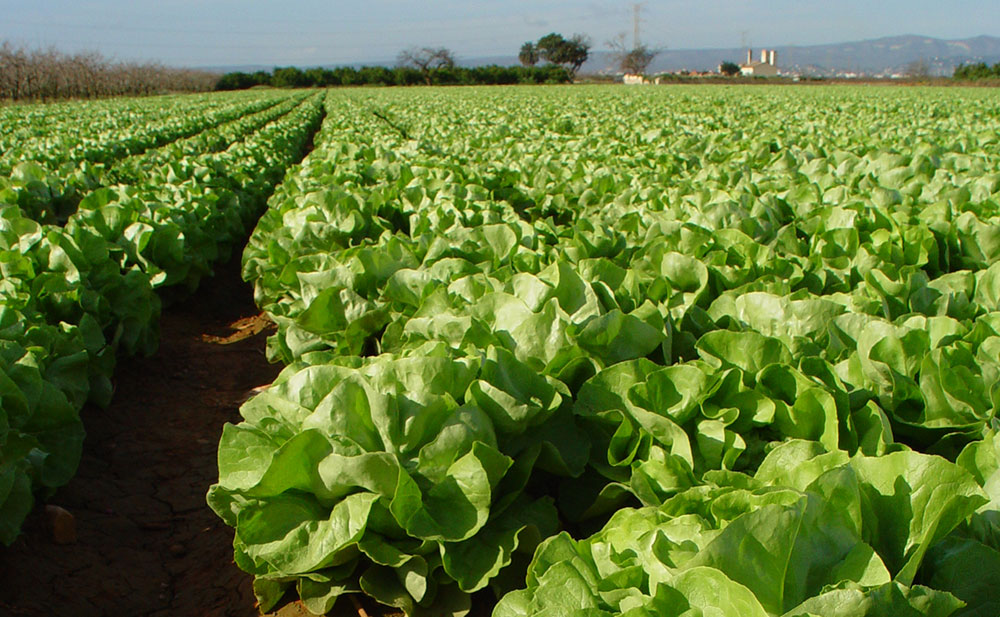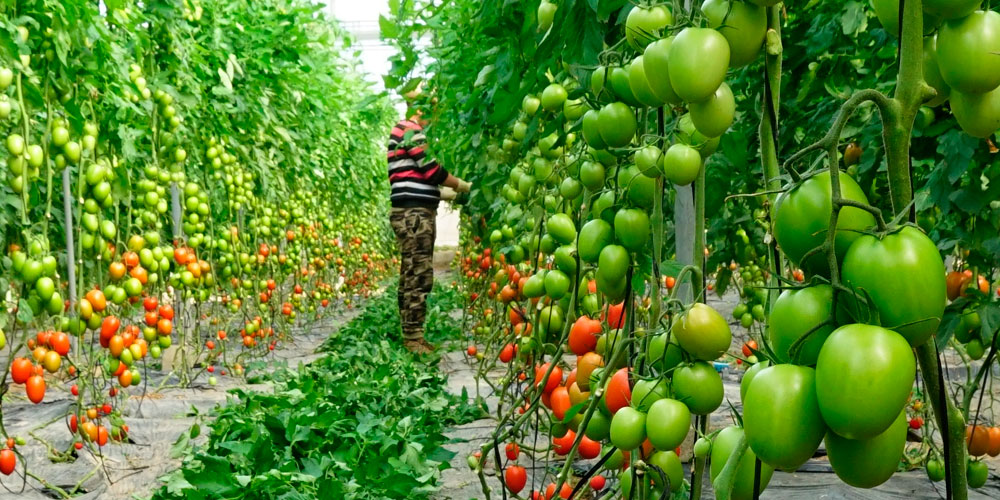Calcium as a chemical element has the symbol Ca and atomic number 20. It is a soft, grayish metal and the fifth most abundant in mass of the Earth’s crust.
Calcium (Ca), along with magnesium (Mg) and sulfur (S), is one of the components listed as secondary nutrient and not so much trace element, given its importance for plants to grow vigorously.
So much so that this term ‘secondary’ should not be underestimated with respect to the other ‘primary’ elements: nitrogen (N), phosphorus (P) and potassium (K). They are simply essential for optimal plant growth, but are needed in smaller quantities.
Calcium in plants
Calcium plays a vital role in plantlife. From germination to the end of its cycle, intervening in a lot of processes that occur in it. At the functional level calcium is essential for cell division and expansion.
This element is involved in the growth of the roots, in the absorption of nutritious elements, participates in the activity of many enzymes, etc. In short, it acts throughout plant metabolism and provides greater consistency to tissues.
But it also has poor mobility within the plant and as a result, its deficiency is detected in the developmental delay of younger parts. In this context, one of the most affected parts is the root system, altering the absorption of the other nutritional elements.

Calcium in hydroponic culture
In the case of calcium in hydroponic cultivation, it is based on the basis that, being a soil usually inert, lacks reserves for plant nutrition. Therefore, the contribution of this element must be contemplated within the subscriber plan.
Its contribution must be maintained over time and the doses will go according to various parameters, such as the type of substrate (perlite, rock wool, coconut fiber, etc.), state and age of the crop (transplantation, flowering, fruit setting, etc.), as well as the species itself, since not all show with equal intensity and damage a lack of calcium.
In both hydroponic cultivation and traditional soil, if in doubt, the technical team of JISA Advanced Agro provides its advice, which together with the relevant analyses, will help to avoid decreases in production and quality derived from calcium deficiency.
Calcium in the soil
Calcium in the soil is usually present as part of organic and inorganic compounds.
Its forms can be as Ca2+ ion in the soil solution and from where it is absorbed by the plant in addition to playing an excellent flocculant role, such as Ca+ ion absorbed to the cationic exchange complex, and forming part of certain minerals of the soil itself: calcite (calcium carbonate), dolomite (calcium-magnesium carbonate), gypsum (calcium sulfate) or apatite (calcium phosphate) In these latter cases there is a lot of calcium present in the soil, but it does not usually intervene directly in the cation exchange balances.
Calcium losses in the soil
Calcium losses in the soil can be caused by various processes.
One of them is by the absorption by plants and microorganisms itself. Once in them, this calcium is temporarily immobilized, returning back to the soil with organic waste.
Another for precipitation in the form of lime phosphohumates, carbonates, phosphates and sulfates. It emphasizes that this immobilized calcium can be recovered when the conditions of the medium allows the solubilization.
And of course by leaching derived from percolation waters.

Calcium deficiency correctors
In addition to functional aspects in the development of plants caused by calcium deficiency, there are others that negatively condition crop profitability. Examples of this are the cases of tip burn in lettuce, blossom end rot in tomato and pepper or bitter pit in apple tree.
To provide an effective solution to the control of calcium deficiencies in horticultural and fruit crops, JISA Advanced Agro has developed various calcium deficiency correctors that allow the farmer to avoid losses arising from this in his crops.
Our specialties includes Jisaquel Ca chelated by EDTA and DTPA; Nutrijisa Calcio formulated as complex calcium; the Nutrijisa Calcio Boro formulated combining complex calcium and ethanolamine boron to improve plant absorption of both nutrients; and Nutrijisa Ecocal as a special formulated that provides fast-available complexed calcium for the plant, especially suitable for organic crops, as it is certified under the UNE standards.
If you suspect or experience a calcium deficiency in your crops our JISA Advanced Agro technical team is at your disposal for giving you professional advice and assist you n order to improve your harvest.
